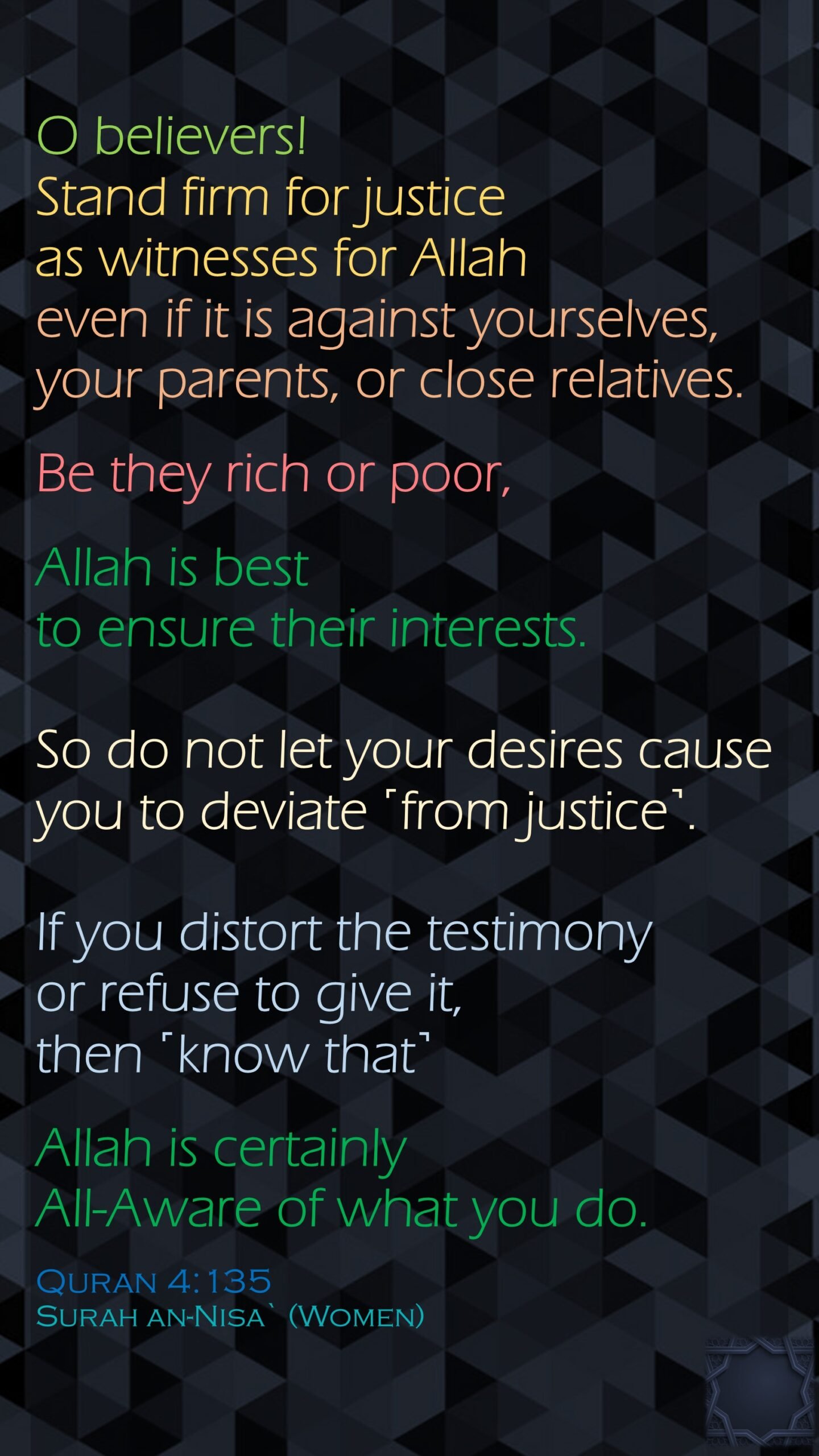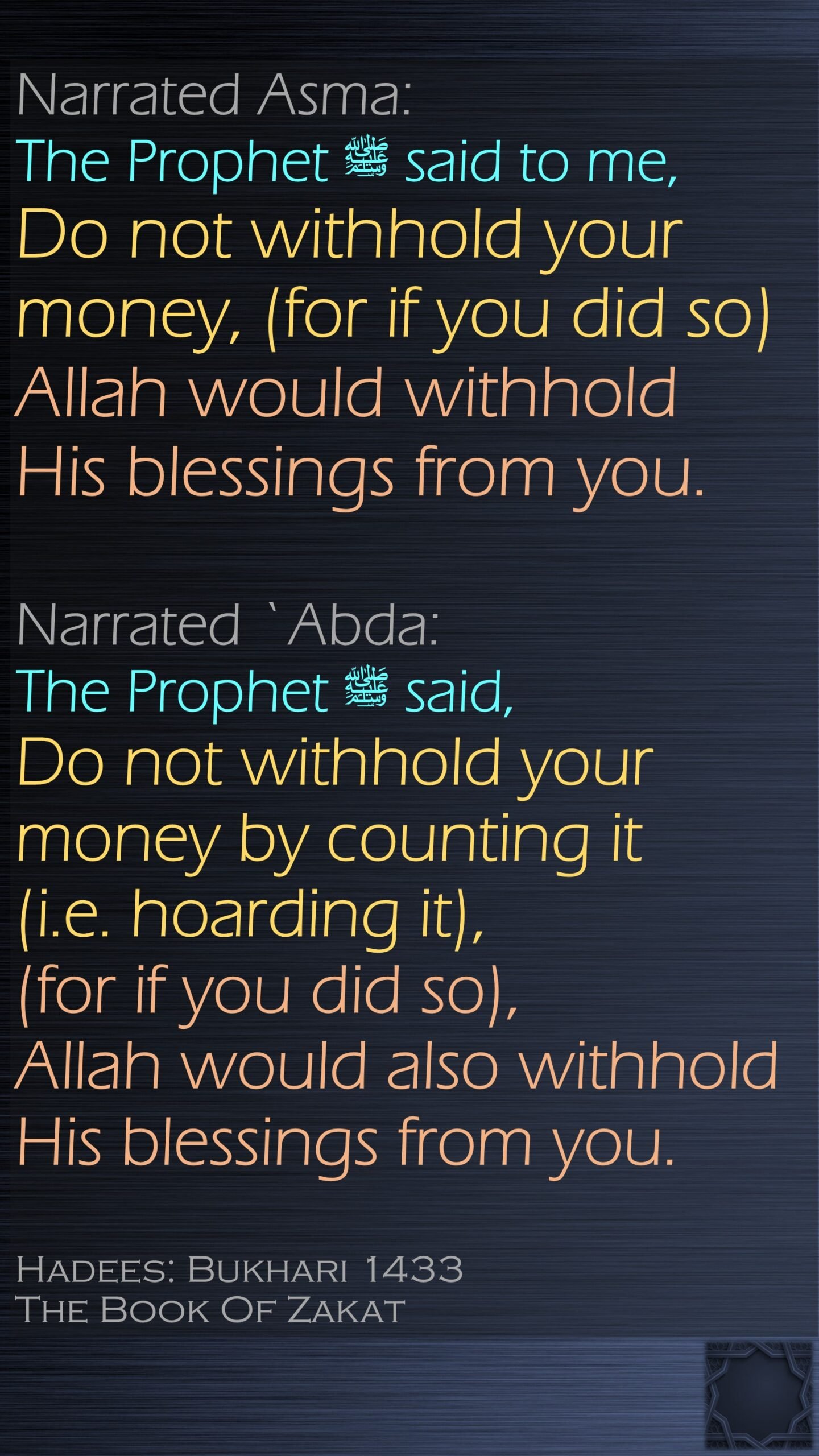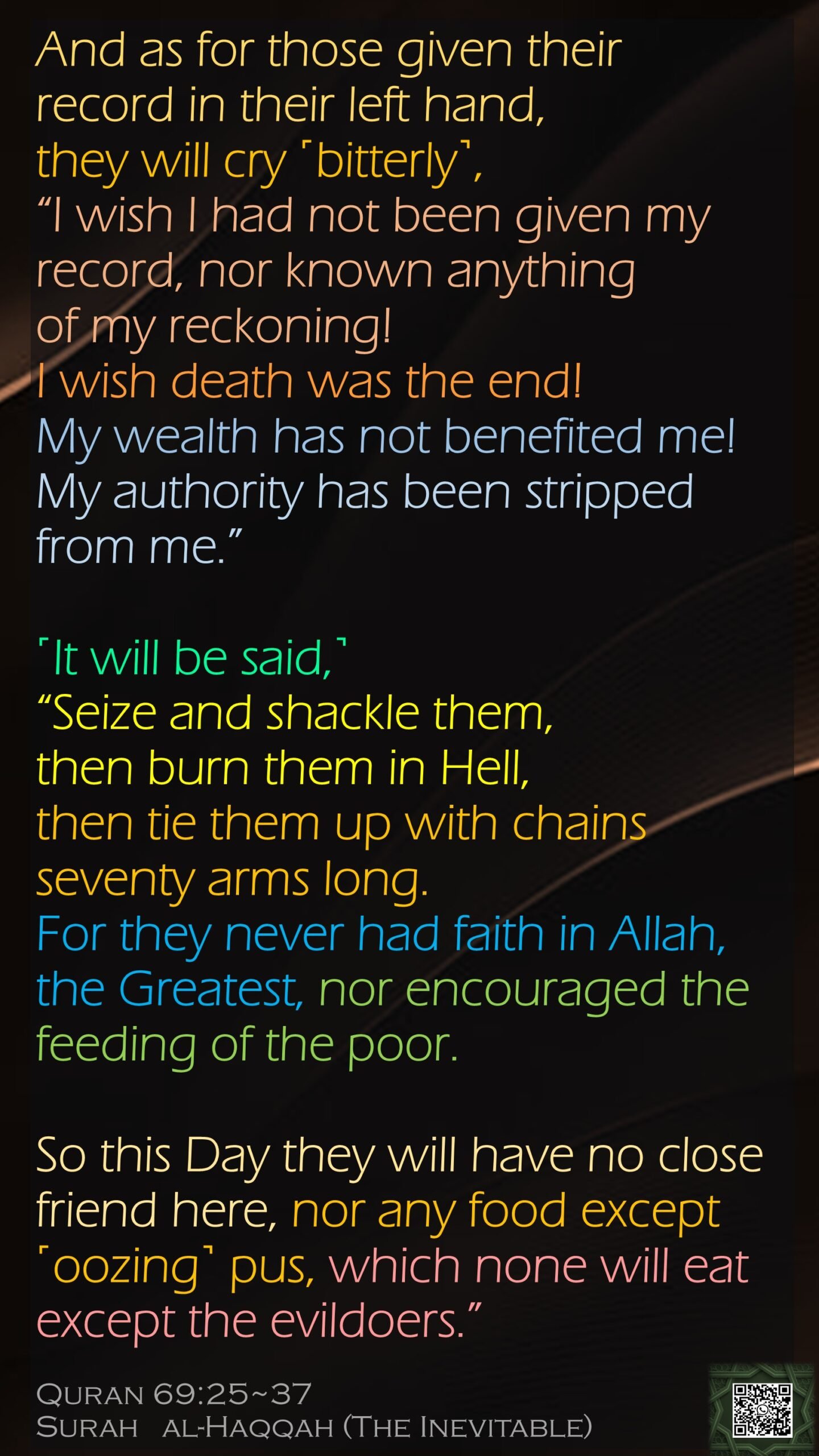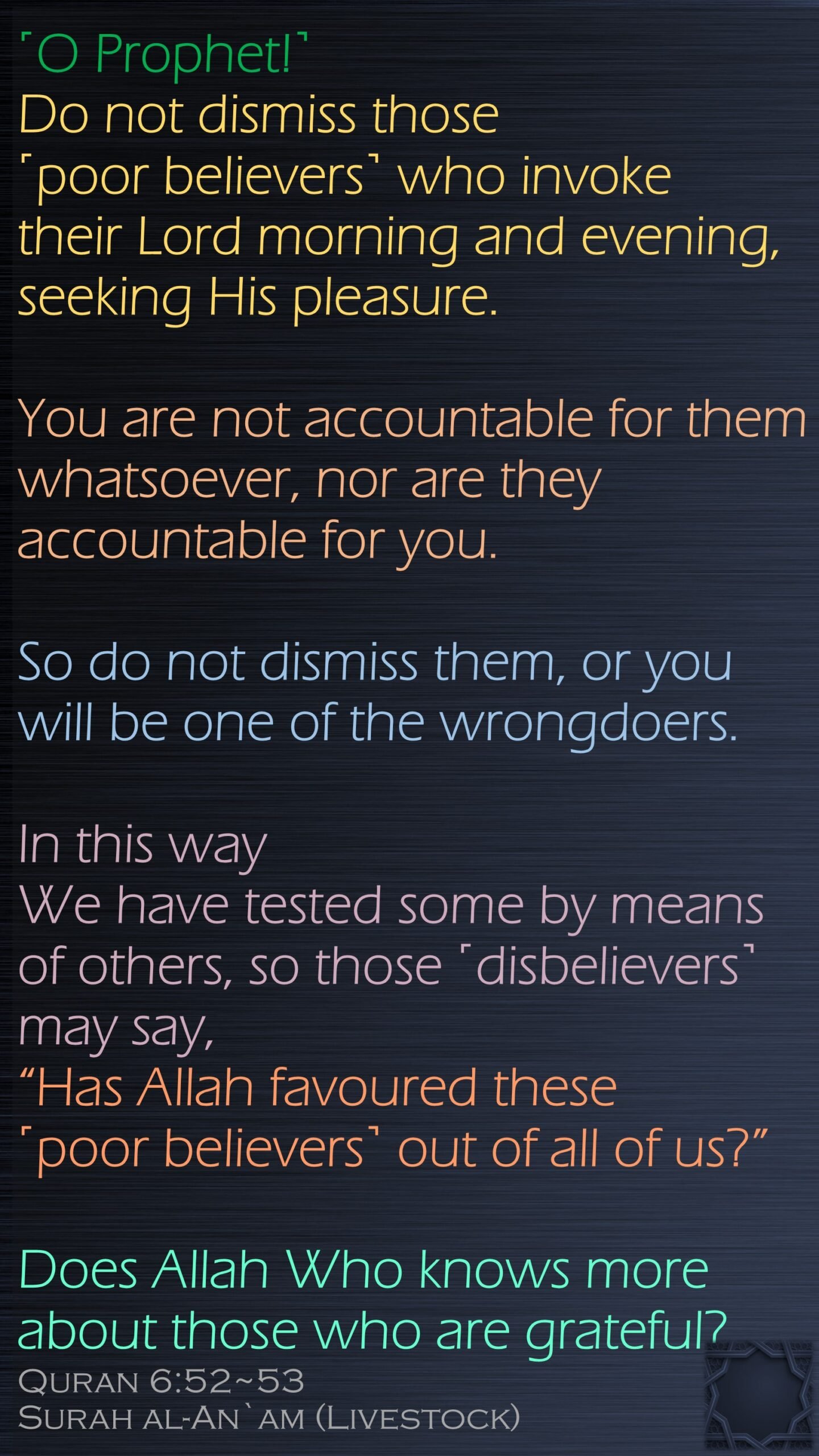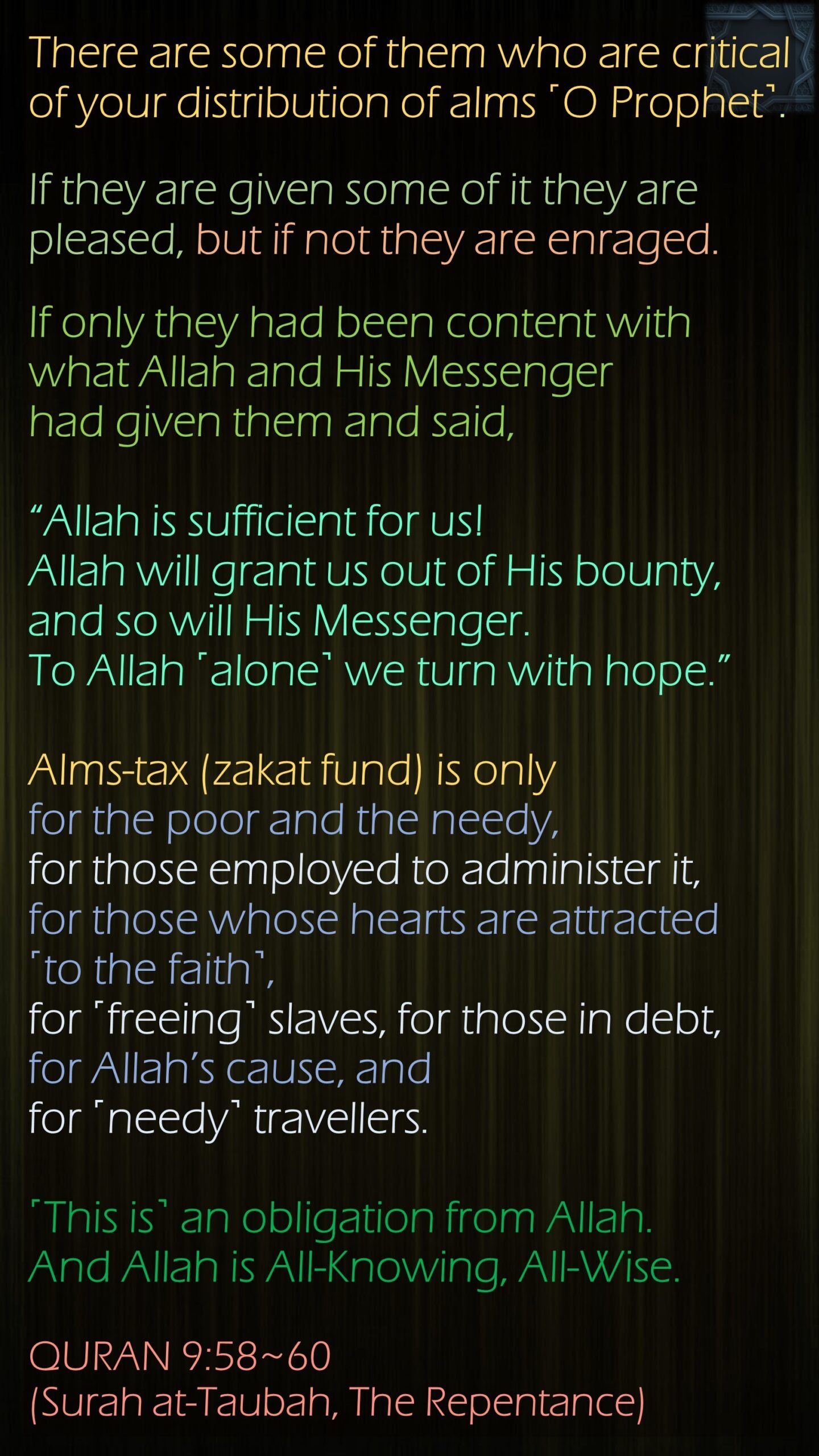Skip to Content
Tag Archives: poor
- Home -
- Posts tagged "poor"
18
Sep, 2025
Islam, Quran
004, 135, All-Aware, Allah, An-Nisa, ayat, believe, daily, desire, deviate, distort, firm, friend, inspirations, interest, islam, islamic, justice, Muhammad, poor, quran, refuse, reltive, rich, Surah, testimony, witness, women
19
Aug, 2025
Islam, Quran
Allah, ayat, Bliess, daily, fear, garden, inspirations, islam, islamic, man, Muhammad, poor, reward, Surah
6
Aug, 2025
Hadees, Islam
1433, Allah, Blessing, bukhari, charity, daily, hadith, inspirations, islam, islamic, Muhammad, poor, Surah, Zakat
2
Aug, 2025
Islam, Quran
Allah, ayat, burn, chain, cubit, daily, dread, dreadful, drink, dwell, feed, fire, Hand, hell, inspirations, islam, islamic, Muhammad, not, ooze, poor, quran, Record, sevety, Surah, trow
13
Mar, 2025
Hadees, Islam
1496, Allah, bukhari, curse, daily, hadees, hadith, inbetween, inspirations, invocation and curse, islam, islamic, La Ilaha Il-Lallah, Muhammad, Muhammad ur Rasool Allah, no screen, obligatory, oppressed, poor, prayers, rich, tauheed, Zakat
4
Nov, 2024
Islam, Quran
006, 052, accountable, al-anam, Allah, ayat, believer, chosen, Criteria, daily, disbeliever, dismiss, evening, favor, favour, goodness, grateful, inspirations, invoke, islam, islamic, morning, Muhammad, ones, poor, quran, rich, selection, Surah, test, wrongdoer
11
Apr, 2024
Islam, Quran
Accountability, Al-Qalam, all, Allah, Allah willing, Allah's Will, Ash, ashes, ayat, Chapter 68, creation, daily, day, daybreak, deprive, devsatate, Divine Punishment, Divine Revelation, Ethics, Faith, fixate, fruit, garden, gratitude, guidance, harvest, humility, inspirations, islam, islamic, Judgment Day, lost, Miskeen, Morality, Muhammad, needy, patience, poor, Prophet Muhammad, quran, Reflection, say, sensible, struck, Surah, Surah Al-Qalam\, torment, urge, Verses 17~29, whisper, wisdom, wrongdoer
15
Mar, 2024
Islam, Quran
Allah, ayat, Baqara, Blessed, compensate, Cow, daily, fast, feeble, feed, Heifer, inspirations, islam, islamic, month, Muhammad, poor, quran, Ramadan, Ramazan, sick, Surah, travel
31
Oct, 2023
Islam, Quran
admister, All-Knowing, All-Wise, Allah, alms, cause, charity, daily, debt, distrivbution, Faith, free, inspirations, islam, islamic, Muhammad, needy, obligation, poor, quran, repentance, slave, Surah, taubah, tax, Traveller, Zakat
7
Oct, 2023
Hadees, Islam
3235, ahmed, Allah, authentic, avoid, bukhari, daily, deeds, evil, Fitnah, forgive, good, hadees, inspirations, islam, islamic, learn, Mercy, Muhammad, musnad, Namaz, Near, poor, prayer, prevent, protect, recite, Sahih, supplication, Tashahud, Tirmizi, true

